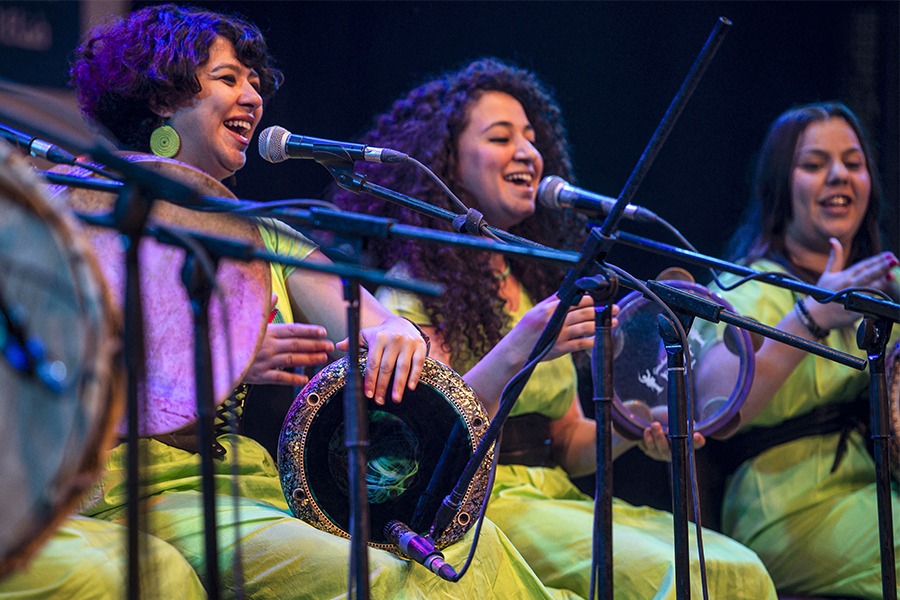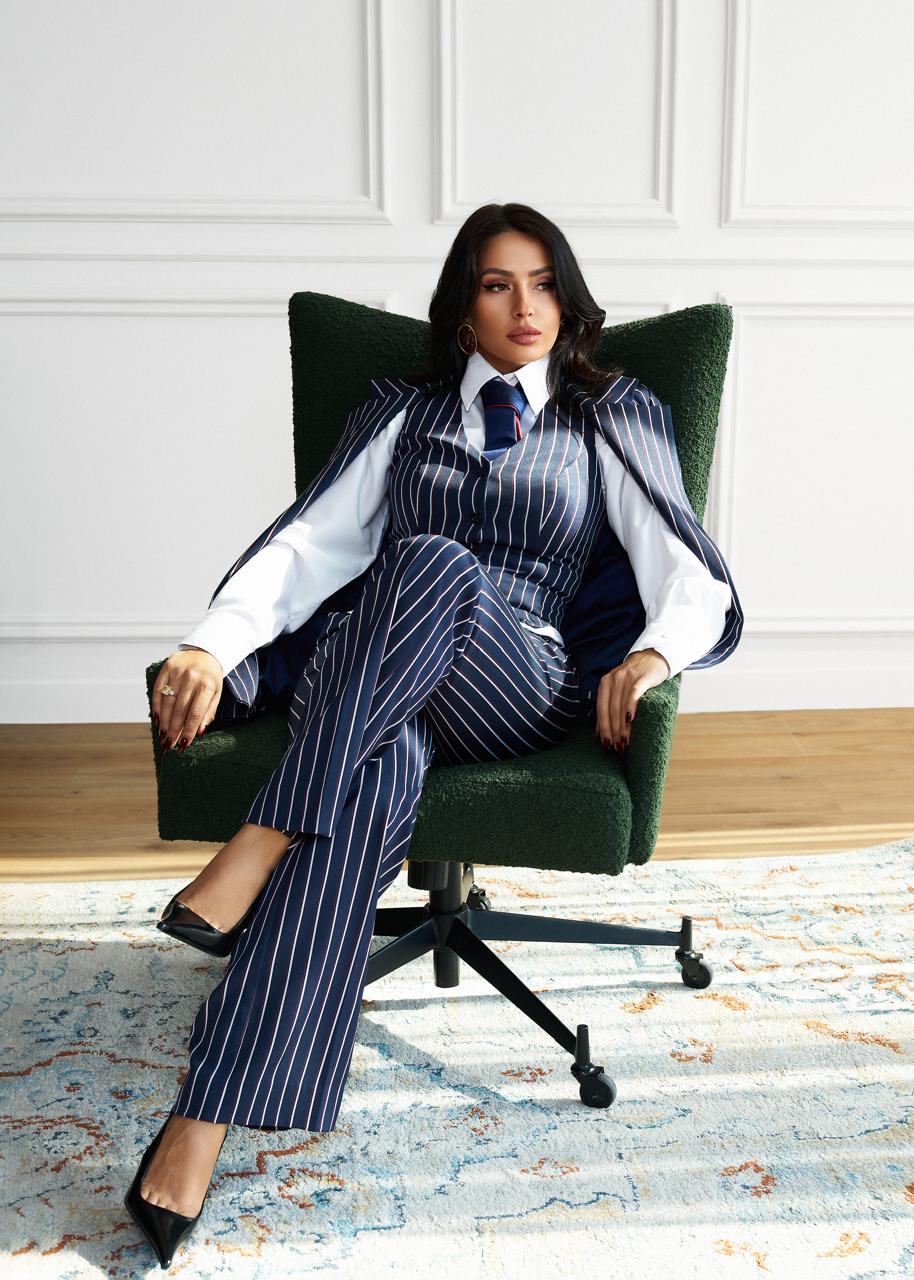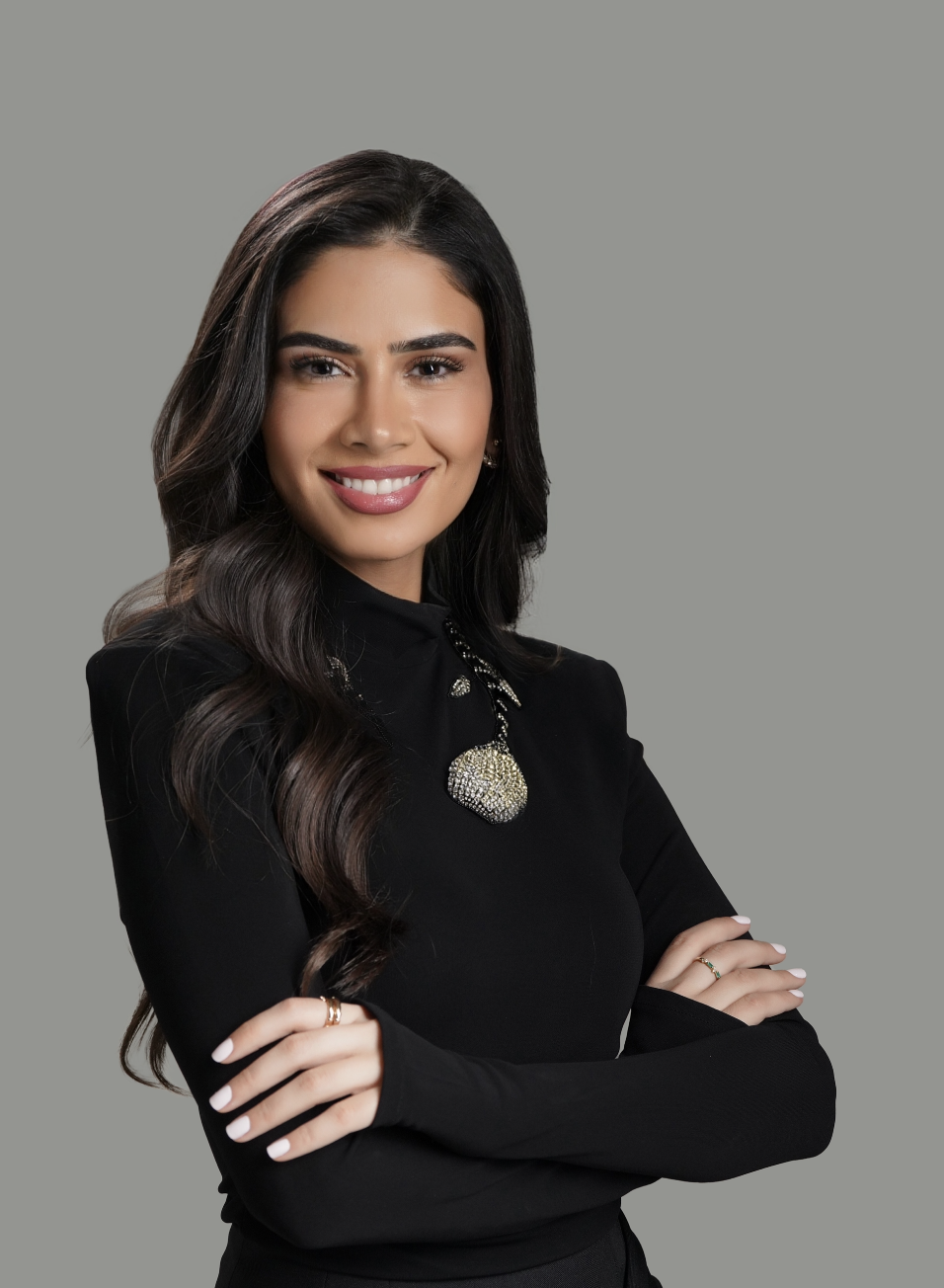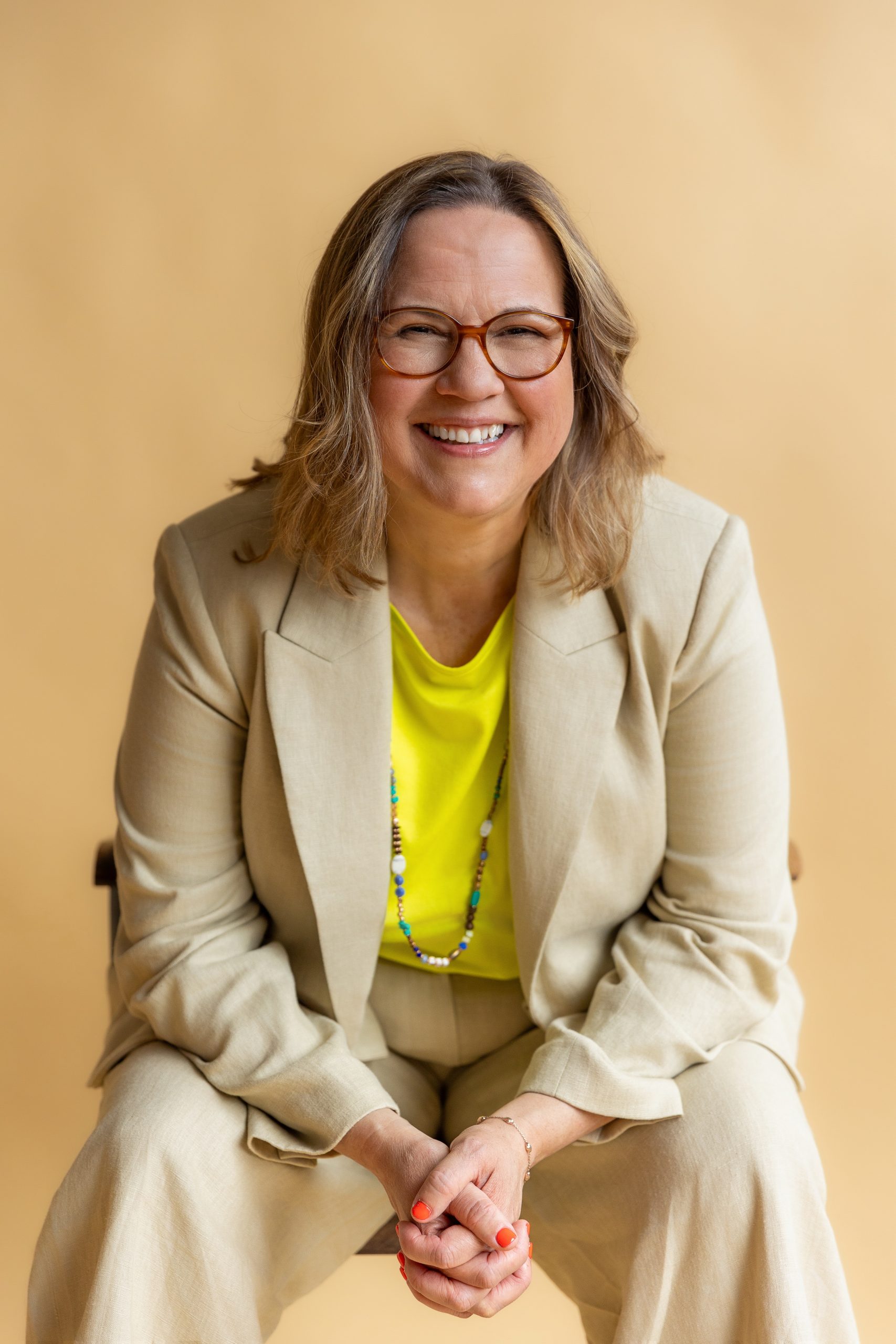In Egypt, the tabla drum has long been associated with belly dancers and seedy nightclubs, giving it an image problem that professional tabla players are now seeking to overcome. The goblet-shaped traditional drum, an early version of which was found in the ancient temple of the Goddess Hathor in Qena, southern Egypt, has been a ubiquitous element in Egyptian weddings, concerts, and impromptu dance parties. However, it has been looked down upon by many Egyptians due to its association with nightclubs and belly dancers, leading to a negative perception among the public.Ahmed al-Maghraby, a music expert, notes that people associate the tabla with a lack of morals, attributing this perception to the role of tabla players accompanying belly dancers in nightclubs. The traditional drum has been entangled in Egyptian popular culture, with the 1984 hit movie “Al Raqessa wal Tabal” (The Dancer and the Tabla Player) portraying a percussionist whose career faces obstacles after leaving his belly dancer partner to pursue a solo career.Yet, a new trend is emerging, as tabla players seek to change the public’s perception and give the ancient instrument a new lease of life. Some musicians, like Mostafa Bakkar, are leading the way by organizing solo tabla concerts and improvised drum-playing circles for amateurs. Bakkar, who initially faced disapproval from his family for choosing to become a tabla player and teacher, believes in the therapeutic power of music and the tabla. He has witnessed how playing the tabla can bring happiness and emotional release to people, leading to its use in music therapy.Joining the movement are Egyptian women who are breaking barriers and taking up the tabla, either professionally or as a hobby. In 2016, tabla players Rania Omar and Donia Sami went viral on social media with a video of their performance, which garnered both criticism and support. Undeterred, they formed the first all-woman tabla band in Egypt, and in 2019, Soha Mohammed joined them to create “Tablet al-Sitt” (The Woman’s Tabla), aiming to provide all women with a chance to sing freely and play the tabla.The journey for these women percussionists has not been easy, as they faced competition and obstacles in a field predominantly occupied by men. However, the women’s tabla band, “Tablet al-Sitt,” has been traveling across Egypt, presenting new interpretations of traditional classics to enthusiastic audiences. At a recent show in Cairo, 500 people gathered at the “Sawy Culture Wheel,” singing and clapping along as the band played folk favorites.For 21-year-old Rougina Nader, who has been playing the tabla for 12 years, becoming a full-time percussionist was a challenging endeavor. As a woman in the field, she encountered resistance from men who saw the female tabla players as competition. Despite the obstacles, Nader and her fellow tabla players are determined to break the rules and continue making their mark in the music industry.Their efforts have not only challenged stereotypes but have also provided a platform for women to express themselves freely through music. In addition to their musical performances, they have showcased the tabla’s potential in music therapy, where it helps people enhance their attention span and communicate without speaking.As the tabla gains a new reputation through the efforts of these passionate musicians, perceptions are gradually changing. The tabla is no longer limited to the confines of nightclubs and belly dancers; it is now being recognized as an instrument of artistic expression, empowerment, and healing. With each beat, these women percussionists are not only reviving the ancient instrument but also transforming the narrative around it, paving the way for a more inclusive and diverse music scene in Egypt.
Reviving the Tabla: Egyptian Women Percussionists Challenge Stereotypes and Triumph in Music












